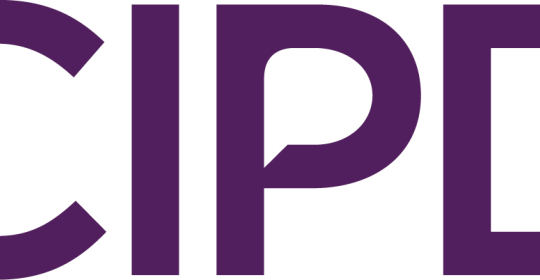2019 is set to be another busy year for those working in HR, with pay likely to be a recurring feature. Leading regional law firm Howes Percival have highlighted five key issues for organisations including the introduction of the first of the Government's recently announced ‘Good Work Plan' reforms.
Paula Bailey, Partner and employment law expert explains, "Pay will dominate the 2019 employment law agenda. In addition to producing a gender pay gap report, companies with more than 250 employees will be required to report on the difference in pay between their chief executive and their average worker. While, in April, employers will see the National Minimum Wage increasing and we are also likely to see more national minimum wage developments, due to HMRC taking a robust approach to enforcement of the minimum wage as can be seen from the Iceland case.
"We will also see further developments in relation to employment status in response to the Taylor Review of modern employment practices. The Government recently published its proposed reforms to strengthen the rights for workers on zero-hour contracts, agency employees and those working in the gig economy. The first of the proposed reforms, scheduled to come into force in April, will see a substantial increase in the maximum tribunal fines for serious breaches of employment rights."
Pay gap reporting
On 1 January, new laws came into force requiring UK listed companies with more than 250 UK employees to report annually on the pay gap between their chief executive and their average UK worker, with the first reports to be published in 2020. This is on top of the gender pay gap reporting for employers with 250 or more employees.
Last year saw the first "gender pay gap reports". Employers will need to do it all again in 2019 with reports being published by 4 April (30 March for public sector employers). For employers who identified a pay gap last year and set out an action plan to tackle it, their employees will be keen to see if the plan has been implemented and if it's worked. If they identified a large pay gap last year and took no action, now is the time to start thinking about it.
National Minimum Wage
On 1 April, there will be increases to the National Minimum Wage rates including the National Living Wage which will rise from £7.83 to £8.21 for workers aged 25 and over. The standard rate will rise from £7.38 to £7.70.
Payslip information
From 6 April, employers must include, in payslips, details of the total number of hours worked where pay is variable depending on hours worked (e.g. zero hours contracts). Payslips will also need to be provided to ‘workers' as well as employees.
#MeToo
The last year has seen the phenomenal march of the #MeToo campaign which has encouraged people to talk about sexual harassment. This has resulted in three independent reports which have all made consistent recommendations calling on the Government to place a legal duty on employers to prevent sexual harassment in the workplace and provide more support to victims of harassment in raising concerns and bringing tribunal claims. In view of this, changes to the law are likely.
Good Work Plan
The Government's Good Work Plan set out its proposals for achieving ‘fair and decent work with realistic scope for development and fulfilment' for all UK workers. As part of the first reforms proposed, parts of the Employment Rights (Miscellaneous Amendments) Regulations 2019 will come into force on 6 April 2019. This will see the maximum tribunal fines that can be issued to employers for serious breaches of employment rights quadrupled from £5,000 to £20,000.






